Education and Training Boards Ireland (ETBI is the national representative body for Ireland’s sixteen Education and Training Boards (ETBs)and works to protect, promote, support and enhance the interests of vocational & further education and training (FET) within the wider education sector and the country at large.
Library provision across the Irish vocation and further education and training sector is not as well-established as and does not compare to the higher education sector. As part of ETBI’s remit is to provide supports to ETBs, there is then an argument for ETBI to provide some kind of library support to the ETBs. There are several reasons why a library service is both good and useful:
- It assists with validation of courses by helping to assure qualification standards agencies that supports and resources are being provided to learners
- It can be a useful marketing tool for an institution through enhancing its credibility and gravitas
- Interaction with the library service helps with student retention and success
The tyranny of geography, however, dictates that any library presence provided by ETBI will, certainly in the first instance, be online.
ETBI is developing an online library service provide a user-focused service to assist in the fulfilment of ETBI’s support of learning and teaching in the ETB FET sector, and aims to do this in several ways:
- The development of a publicly available user-focused library website
- The cost-effective provision, and acquisition as required, of access to relevant online material and information sources
- Improving the digital literacy of digital library users so that they acquire the ability to effectively source, retrieve and make full use of material for themselves
- The marketing of library resources, promoting their use and exploitation by the learning & teaching community
The Library Website
A library is more than a collection of resources. One simply cannot acquire resources and make them available then say to users “here, have at it”. Some instruction must be given in what the resources are and how they are searched. After that, some guidance must be provided on citing and referencing sources, which also leads to discussion how to avoid plagiarism when using sources. When there is no physical library, it becomes necessary to have guides on searching, referencing etc. online – through a website. Most libraries, and certainly nearly all libraries of educational institutions have a website, and it makes sense for ETBI’s digital library to take this form. The digital library can be “a one stop shop” for resources for the FET sector.
The digital library website will be similar in structure and content to other academic library websites
Many FET learners will progress to higher education and it will be useful them to be aware of the requirements of academic writing and have previous experience of academic library websites.
At the same time, it is well understood that FET learners come from a far broader variety of backgrounds, so the digital library will include sections on “core” skills, for example grammar, introducing information sources and study skills, and will link to resources in these areas.
Resources
It is fair to say that most resources aimed at academic libraries are geared towards the higher education sector, but the plan is to work with subject matter experts to identify resources suitable for use in the FET sector. Currently the digital library has access to three different eBook platforms and with the assistance of subject matter experts, ebooks are being identified for purchase. Many practitioners fill the resource gap by developing their own teaching resources and the digital library would be a good way of disseminating these resources to a wider audience and perhaps also promote cooperation between practitioners in different ETBs.
Open Educational Resources
There is much unhappiness with the cost of textbooks and other educational resources. This, and moves towards open knowledge, collaboration and sharing have led to the development of Open Educational Resources (OERs). These are freely accessible, openly licensed text, media, and other assets that are useful for teaching and learning. In an Irish FET context, OERs would be good for replacing subscription resources that are primarily aimed at higher education libraries. The digital library has collaborated with the ETBI Supports for Apprentices Group on making a series of Workbooks entitled ‘Maths for Trades’ into OERs. These are publicly available through the digital library website and are available for modification, reuse and redistribution through a Creative Commons CC BY-NC-SA 4.0 Licence. Creation of OERs like the Maths for Trades series will hopefully raise the profile of the FET sector and help encourage other practitioners into developing OERs for use in the FET sector and beyond.
Raising the intellectual footprint – journal
The Irish FET sector is huge, and a lot of incredible work is done by FET practitioners. There is space to develop and manage an open access peer-reviewed journal to publish work on and in the FET sector. Having a forum to publish and therefore disseminate work will raise the profile of both practitioners and the sector. Work is underway to establish the requirements for starting a journal.
Raising the intellectual footprint – repository
Most HE institutions have repositories where work published by staff and students is stored and made publicly available. HE repositories sometimes include high quality student work too, which has two benefits to students:
- Having work available in this way is good for a student’s CV
- It shows new and current students what level of work is required to get a good mark
The FET sector has no equivalent. It is hoped that the digital library can help develop a repository for the FET sector to showcase scholarly and other work produced by practitioners and other FET staff and perhaps students too. This will be looked at later in 2021.
State of play
The digital library, although still very much still under construction, went live shortly after the COVID-19 lockdown commenced in March 2020. Lockdowns have demonstrated the utility of the digital library concept. As physical libraries are closed, digital libraries can provide continuity of teaching through online access to content and resources.
Libraries, no matter their media, are not cast in stone and so the digital library will always be under construction. Currently, there are over 150 different webpages split between 40 sections with links to over 600 different websites and resources. There are sections covering core skills, library skills and subject guides. Access to a wide number of free electronic resources is also provided. New sections are added on a regular basis. For example, shortly forthcoming are pages for practitioners on copyright and open educational resources. The digital library can be accessed at https://library.etbi.ie
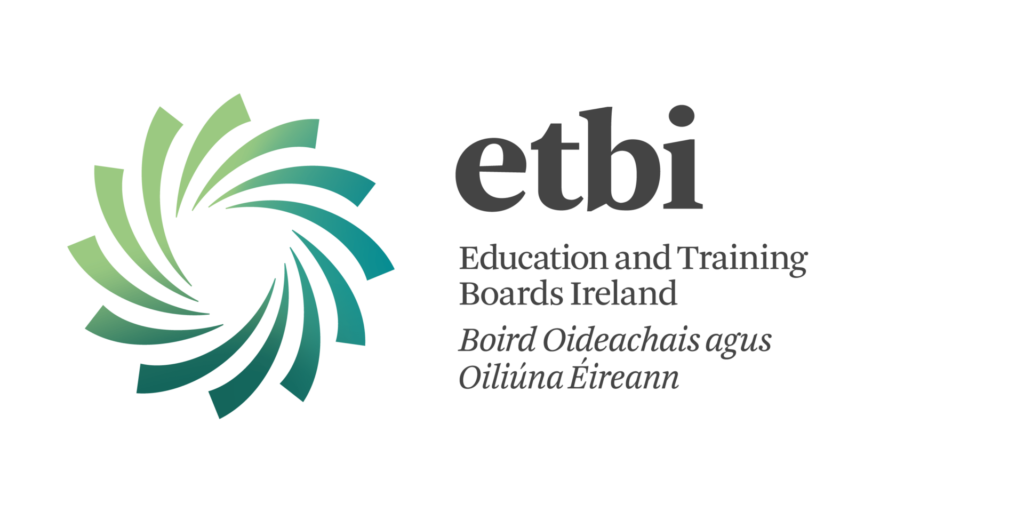
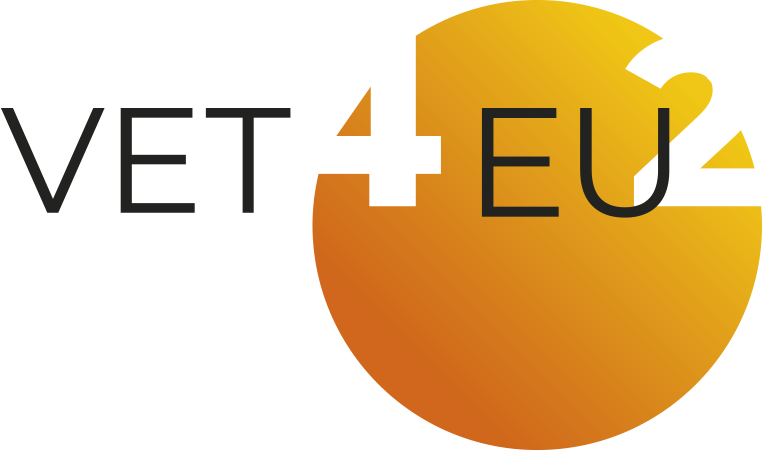
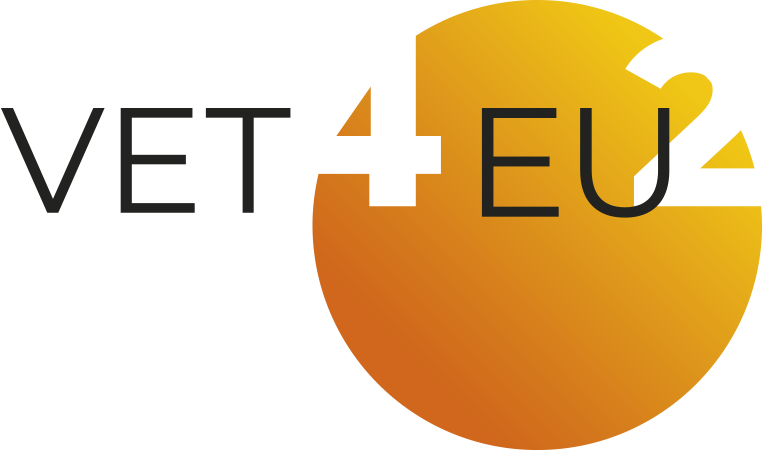

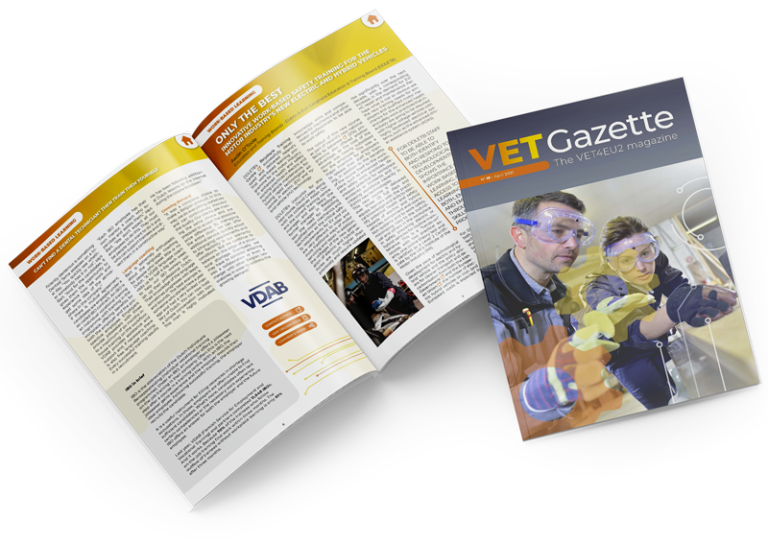
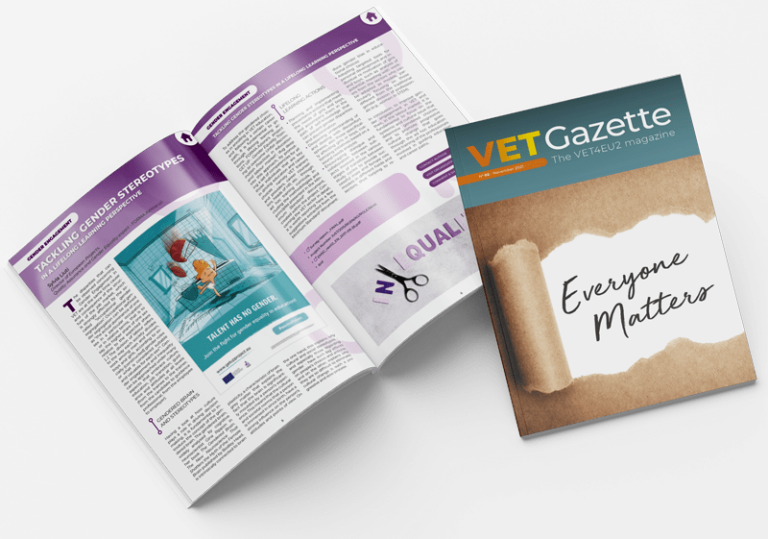
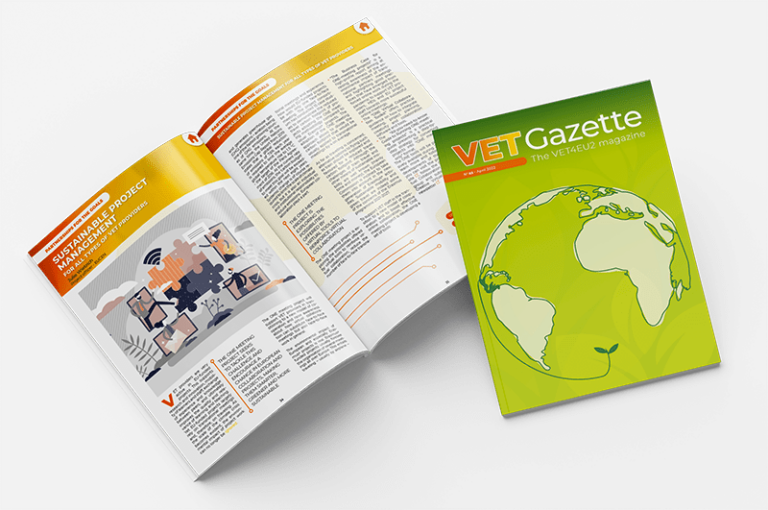
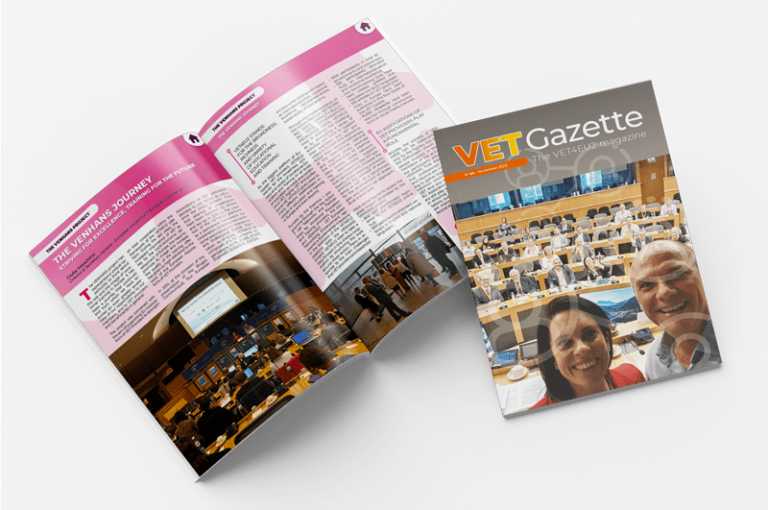

Responses